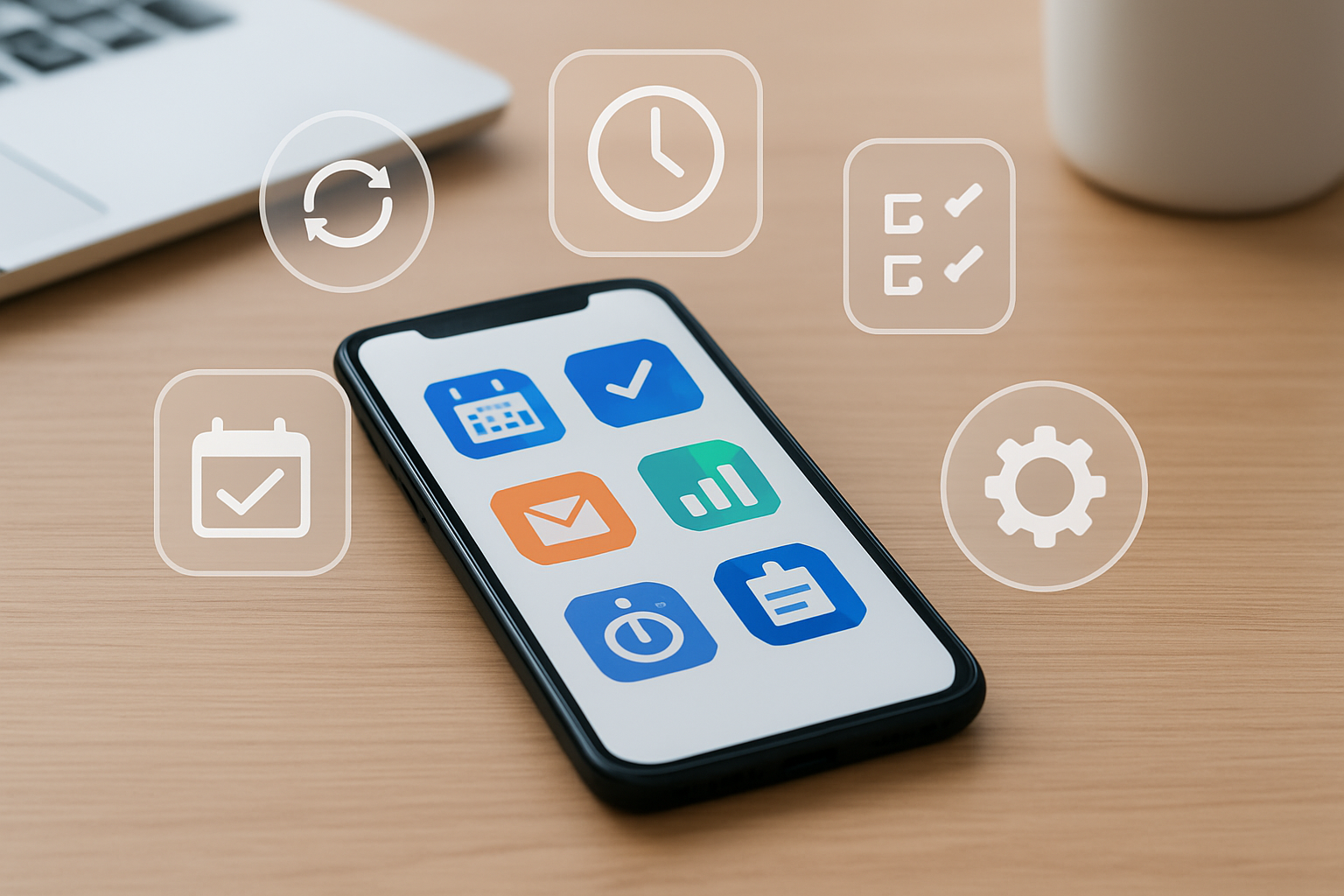How AI Can Help Manage Remote Teams
Remote work has become a standard practice for many organizations, offering flexibility and access to global talent. However, managing remote teams comes with challenges such as communication gaps, lack of collaboration, and difficulties in tracking progress. Artificial Intelligence (AI) provides powerful tools to address these issues and make remote work more efficient.
In this article, we’ll explore how AI can help manage remote teams effectively, ensuring productivity, accountability, and strong collaboration.
Challenges of Managing Remote Teams
Before diving into AI solutions, it’s important to understand common obstacles:
- Communication barriers across time zones and cultures.
- Difficulty in monitoring progress without micromanaging.
- Maintaining team morale in the absence of physical interaction.
- Balancing flexibility with accountability.
AI tools are designed to tackle these issues with intelligent automation and insights.
1. Smarter Communication Tools
AI-powered chat platforms like Slack AI or Microsoft Teams with Copilot can:
- Summarize long conversations.
- Highlight key action points.
- Translate messages across languages instantly.
This ensures everyone stays aligned, no matter where they are located.
2. Automating Meeting Summaries
Virtual meetings are essential but often time-consuming. AI note-takers such as Otter.ai and Fireflies.ai provide:
- Real-time transcription.
- Automatic meeting summaries.
- Action item tracking.
This saves time and ensures that no details are missed.
3. Performance Tracking Without Micromanagement
AI tools like Time Doctor or RescueTime monitor productivity patterns without being invasive. They:
- Track time spent on tasks.
- Identify areas of distraction.
- Provide reports for managers and employees alike.
This balances accountability with trust.
4. Enhancing Collaboration
AI-driven project management apps like Asana AI and ClickUp AI streamline teamwork by:
- Automatically assigning tasks to the right people.
- Suggesting deadlines based on workload.
- Summarizing project updates.
This reduces confusion and keeps projects on track.
5. Boosting Employee Engagement
AI tools can measure employee sentiment by analyzing chat tone, survey responses, and communication patterns. Managers can then:
- Detect early signs of burnout.
- Provide timely encouragement.
- Improve overall team morale.
6. Personalized Productivity Coaching
AI assistants act as virtual coaches, offering tips like:
- When to take breaks for optimal focus.
- How to balance meetings with deep work.
- Suggestions for improving time management.
This helps remote employees build sustainable work habits.
7. Smart Scheduling Across Time Zones
Coordinating across different time zones is a common challenge. AI scheduling assistants:
- Suggest meeting times that minimize inconvenience.
- Automatically adjust calendars for daylight savings.
- Avoid overbooking.
This reduces scheduling conflicts and stress.
8. Knowledge Management and Training
AI-powered platforms organize company knowledge into searchable databases. They also provide personalized training modules, helping remote employees upskill at their own pace.
9. Automating Routine HR Tasks
AI chatbots handle repetitive HR questions such as:
- “How do I apply for leave?”
- “What’s the policy on overtime?”
This allows HR teams to focus on more complex issues.
10. Building Stronger Team Culture
AI-powered platforms can organize virtual team-building activities, track participation, and suggest personalized recognition strategies, making remote employees feel valued and connected.
Final Thoughts
AI is not a replacement for human leadership, but it is a powerful partner in managing remote teams. From communication and scheduling to productivity tracking and engagement, AI tools provide the structure and insights needed to keep distributed teams thriving.
By embracing AI, organizations can overcome remote work challenges and create an environment where teams feel supported, efficient, and connected—no matter where they are in the world.




Post Comment